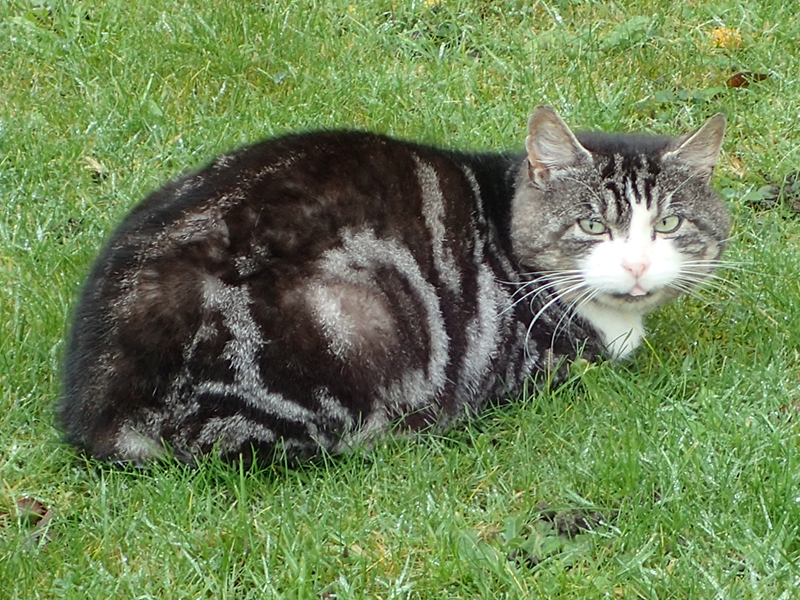For my first blog I thought I would explore the world of idioms as they appeal to my sense of humour, yet I find them intellectually fascinating at the same time. Idioms are linguistic customs characteristic of a country or region. Even without knowledge of a foreign language or having visited the country, I love how an idiom or phrase can open the window to different cultures and countries.
Idioms rarely make sense literally (this is when they become rather amusing). Consider for example, the phrase it’s raining cats and dogs. From a literal point of view this phrase makes no sense. Personally, I’ve never seen the sky rain cats and dogs (nor axes according to the Lithuanian’s, ouch!), although the thought of it is rather amusing. Similarly, the phrase to swing a cat, apart from being incredibly cruel, why would you want to? These phrases require local knowledge to interpret these popular expressions. Contrary to the literal meaning of the latter, the English have not started a new sport of cat swinging, but the idiom means there is very little space. (The phrase originates from naval slang and the ability to swing the cat-o-nine tails whip, which requires space).
As a translator, idioms can be a challenge to translate because of the cultural background behind each phrase. The Spanish phrase estar sin blanca translates literally as to be without white, figuratively it means to be broke, yet a blanca is actually the name of a 16th century coin from Spain’s Golden Age. This cultural information is lost in translation.
Here are some of the more amusing idioms I have come across during my research and their English equivalents:
- Stop ironing my head (Armenia, Turkey) Stop annoying me
- I won’t walk around in hot porridge (Czech Republic)
- I won’t walk around in hot porridge like a cat (Finland and Norway) I won’t beat around the bush
- To emit smoke from 7 orifices (China) To be extremely angry
- To hang noodles on someone’s ears (Russia) To have egg on your face
- To be caught with your beard in a mailbox (Sweden)
- To be caught with your pants down
- To have monkeys in the attic (Portugal) To have a kangaroo loose in the top paddock (Australia) To have bats in the belfry/ to be as mad as a hatter /to be as mad as a march hare / to have a screw loose
The list is endless!
